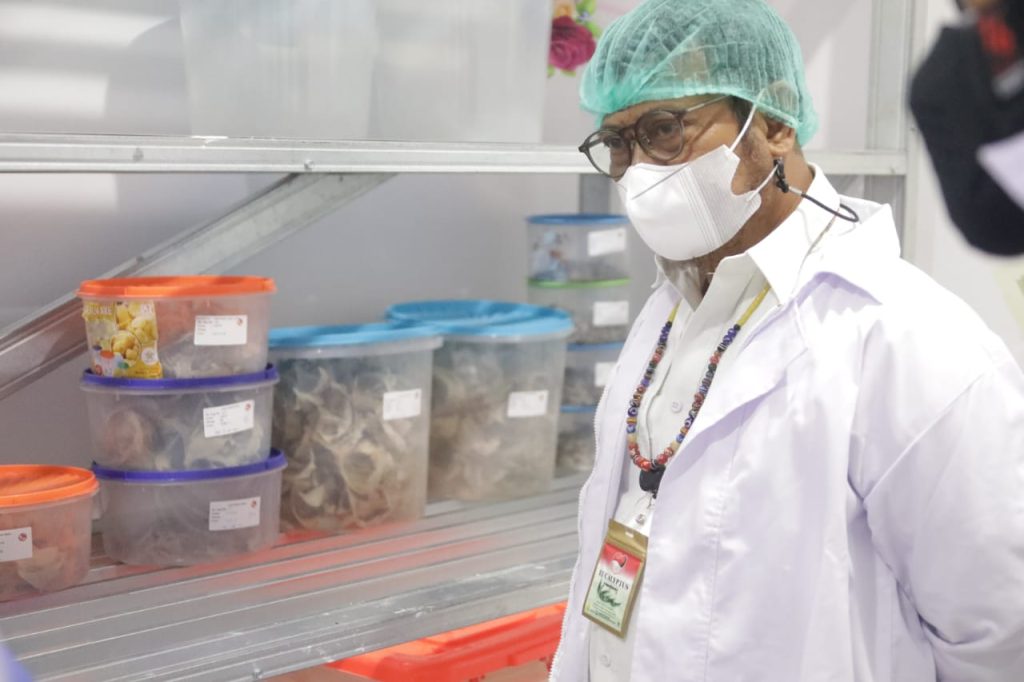Swiftlet is a very valuable livestock animal because it produces swallow nests, which are used as raw materials in the food and cosmetic industries. However, swiftlets are also susceptible to various diseases and disorders, which can disrupt the production of edible birdnests and threaten the health of birds. Therefore, it is important for swiftlet breeders to know how to deal with problems that often occur in swiftlets. Here are some common problems with swallows and how to deal with them:
- Respiratory Disease: Respiratory disease in swallows can be caused by various factors, such as viruses, bacteria, fungi, or parasites. Common symptoms of respiratory disease in swiftlets are shortness of breath, coughing, sneezing and excessive mucus production. To treat respiratory diseases, you can give antibiotics and anti-inflammatory drugs to swallows. In addition, ensure the cleanliness of the cage and adequate ventilation to avoid spreading disease.
- Respiratory Disorders: Respiratory disorders in swallows can be caused by air that is too humid, dust, or smoke. Common symptoms of respiratory problems in swallows are shortness of breath and coughing. To treat respiratory problems, ensure adequate ventilation of the cage and avoid using harmful chemicals or cleaning products.
- Nail and Finger Disease: Nail and finger disease in swiftlets can be caused by bacterial or fungal infections, or by nutritional deficiencies. Common symptoms of finger and nail disease in swiftlets are changes in the color or shape of the nails, pain when walking or moving, and swelling. To treat nail and finger disease, ensure the cleanliness of the cage and provide a balanced diet with adequate nutrition.
- Stress: Stress in swallows can be caused by a variety of factors, such as an unsuitable environment, a lack of food and water, or the presence of predators. Common symptoms of stress on swallows are decreased production of edible birdnests, loss of feathers, and changes in behavior. To deal with stress, make sure the cage conditions are comfortable and safe, and provide enough food and water.
-
Reproductive Disorders: Reproductive disorders in swallows can affect nest production, so they need to be taken seriously. Some of the reproductive disorders that often occur in swallows include:
- Eggs Not Hatching: Unhatched eggs can be caused by several factors such as unfertilized eggs, immature eggs, or diseases that attack the eggs. If this happens, it is best to immediately dispose of the unhatched eggs to prevent infection of the nest.
- Broken egg: Cracked eggs can occur due to several factors such as unstable temperatures, rough treatment of the nest, or humidity that is too high. If this happens, immediately clean the nest and replace the broken eggs with new eggs.
- Birds Don’t Lay Eggs: If birds don’t lay eggs for a long time, several factors need to be considered, such as lack of nutrition, old birds, or unfavorable environmental conditions. It’s best to take good care of swallows, such as providing a balanced diet, keeping the nest clean, and providing a comfortable environment.
- Unhealthy Eggs: Unhealthy eggs can be caused by several factors such as diseased birds, unbalanced nutrition, or unsupportive environmental conditions. If the eggs produced by swiftlets are unhealthy, these eggs should not be consumed or sold, because they can endanger the health of consumers.
Conclusion
Caring for swallows does require serious attention, including dealing with possible problems such as disease and reproductive disorders. As the owner of a swallow’s nest, it is important to always monitor the health of birds and nests, provide a balanced diet, and maintain the cleanliness of the environment around the nest. Thus, the production of swallow nests can be maintained properly and provide optimal benefits.
